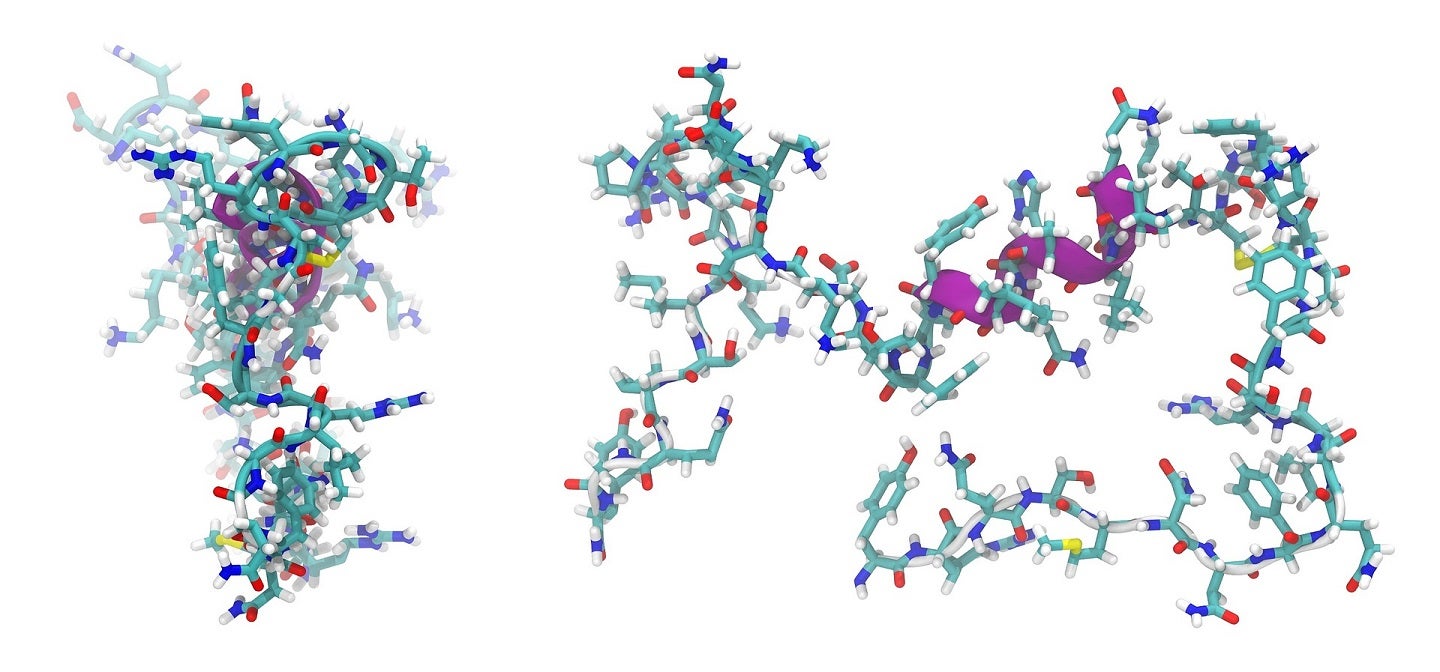
Evergreen Discovery has partnered with Orbit Discovery to discover specific cell-targeting peptides and advance the development of new radiopharmaceuticals.
Both firms will focus on creating peptide libraries, as well as hit identification and hit validation to verify cell surface-binding properties.

Discover B2B Marketing That Performs
Combine business intelligence and editorial excellence to reach engaged professionals across 36 leading media platforms.
The partnership will involve the use of Orbit’s peptide display technologies to identify peptide leads which are specific to tumour-related targets.
The Orbit platform will also conduct in vitro transcription conversion from DNA-encoded libraries on beads.
This enables the screening of vast libraries, by employing fluorescence-activated cell sorting (FACS)-based methodologies.
In addition, Evergreen will support the development of the peptides for use in clinical environments.

US Tariffs are shifting - will you react or anticipate?
Don’t let policy changes catch you off guard. Stay proactive with real-time data and expert analysis.
By GlobalDataEvergreen Discovery chief scientific officer Dr Thomas Reiner said: “We are very pleased to be partnering with Orbit Discovery and capitalising on its technology and expertise in both chemistry and biology to drive innovation and expansion of our radiopharmaceutical candidate pipeline.
“The requirement for more direct screening technologies is key to successful drug development, and we see Orbit as a stepping stone in attaining our goals in a rapid timeframe.”
The latest collaboration aims to tap the expanding radiopharmaceuticals industry, which has seen the development of a number of targeting moieties.
These moieties are capable of enabling specific binding to a tumour target, with the ability to localise the treatment to diseased tissues.
Peptides are considered to be an important delivery method as they have the capability to minimise off-target toxicities.




